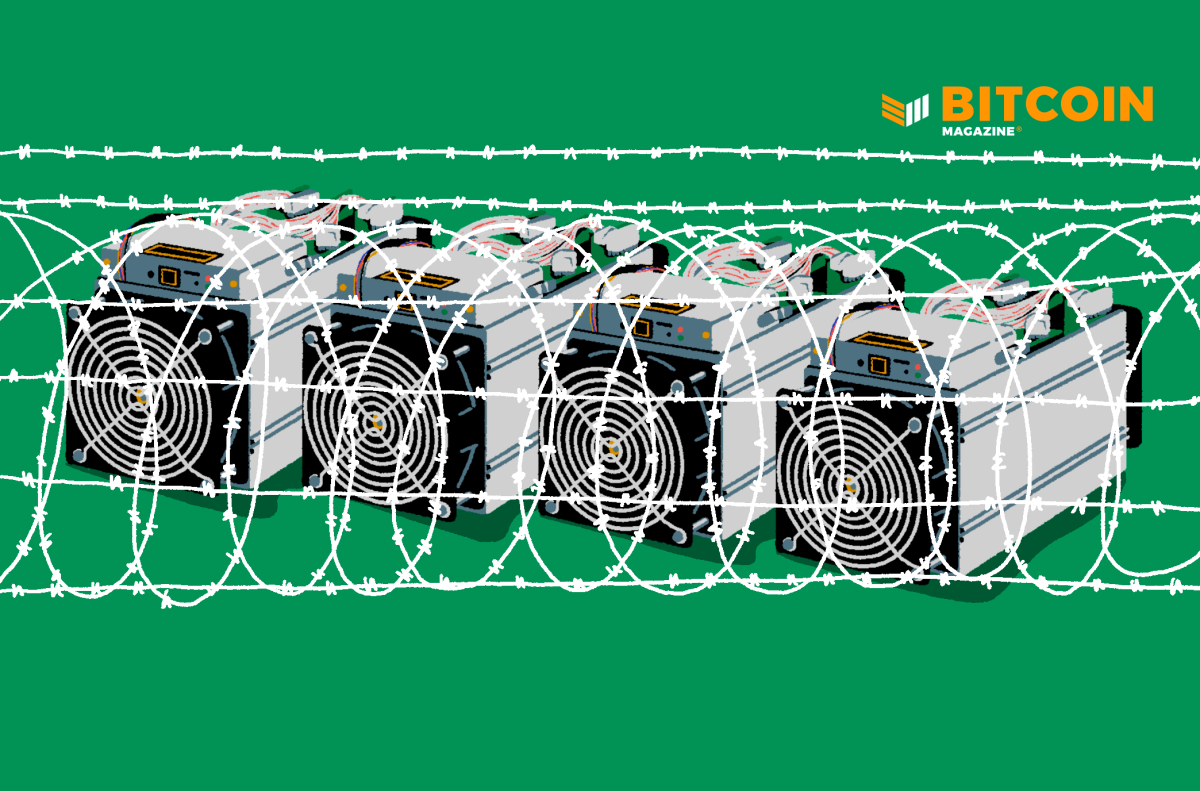Listen To The Episode Here:
In this week’s “Bitcoin Bottom Line” episode, co-hosts Steven McClurg and C.J. Wilson are joined by guest Nick Hansen, CEO of Luxor, and Josh Olszewicz, Valkyrie’s head of research.
Luxor is one of the top 10 bitcoin mining pools in the world. They have a Hash Rate Index, and through that they are aiming to provide great data about the mining ecosystem. In addition, they have an ASIC Index. In addition to a suite of other products, they are just about to launch Energy Markets to track the value of energy over time, which they view as very integral to bitcoin mining.
Wilson says, “Hash rate is worldwide, machines are getting better every couple of years, and now there are new innovations because companies like Luxor are getting involved with the firmware side.” He goes on to ask, “How do you see growth in bitcoin mining in the next couple of years?”
Hansen explains that he doesn’t see the consistent hash rate all-time highs stopping, but the only thing that could reverse that trend is international regulation and how the new hash rates in Texas manage the heat during the summer. The topic of conversation naturally leads to energy, and Hansen explains how “Bitcoin mining is just an energy problem at the end of the day.”
The group discusses immersion cooling on massive scales, some over 100 megawatts. For reference, Hansen explains that a single megawatt is probably one’s entire neighborhood. Hansen goes on to explain, “Whether we like it as Bitcoiners or not, ESG is here to stay. If you can lean into that in effective ways, you're going to make it way easier for yourself going forward to raise capital and tell the right story to the market. People who are leaning into ESG are going to be really effective about continuing to be on the forefront of this industry.”
The group discusses sustainable energy, and Hansen defines sustainable as, “Lasting one thousand generations through solar, wind and hydro.” He continues, “This brings us to a new energy future where energy is effectively free. The best part about Bitcoin is that it incentivizes that and provides you the economic value to learn how to do those things.”
Wilson explains how we as consumers struggle with sustainability since we love packaging. “The difference between bitcoin and many other items is that bitcoin requires no packaging at all. Effectively, we’ve taken old shipping containers, a torch and some chords and we’ve turned them into these multi-million dollar industries.”
They go on to discuss firmware, hash rate hedging, out-of-the-box carbon-capture techniques and more. Closing out the episode, the group agrees that we all have to do everything we can to protect bitcoin mining. Listen to the full episode for more!











